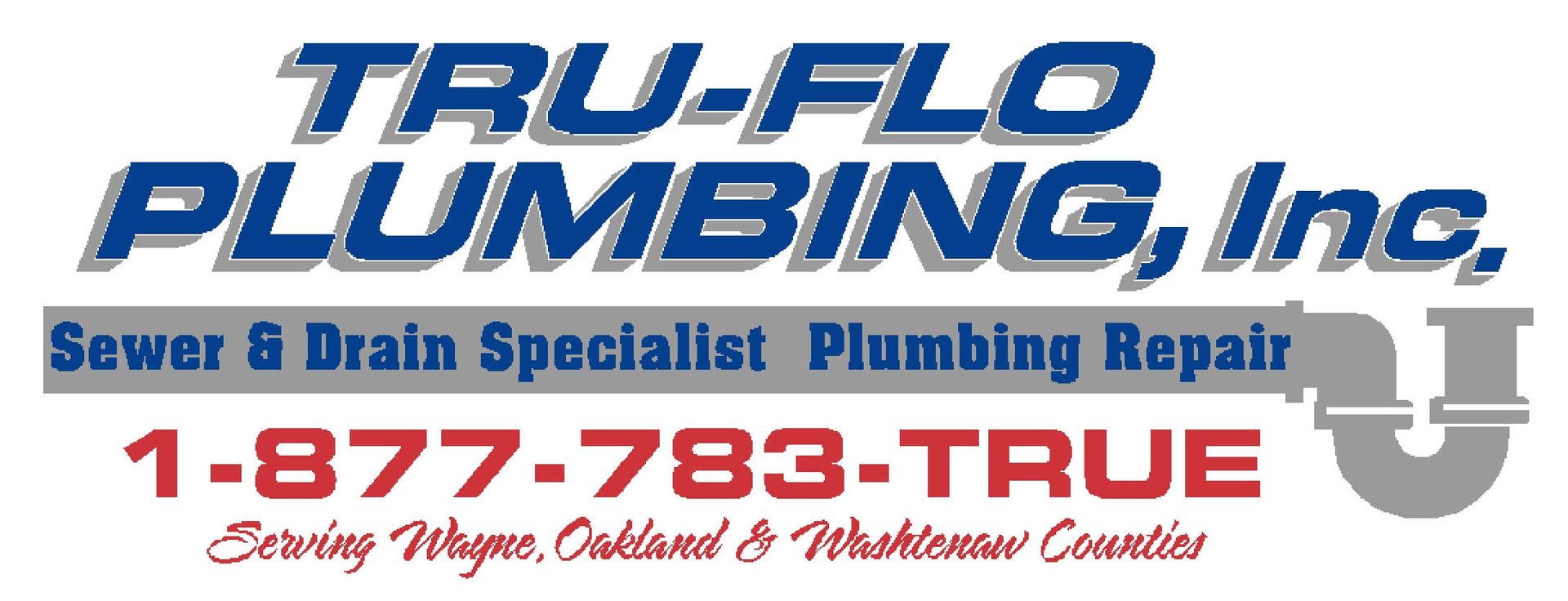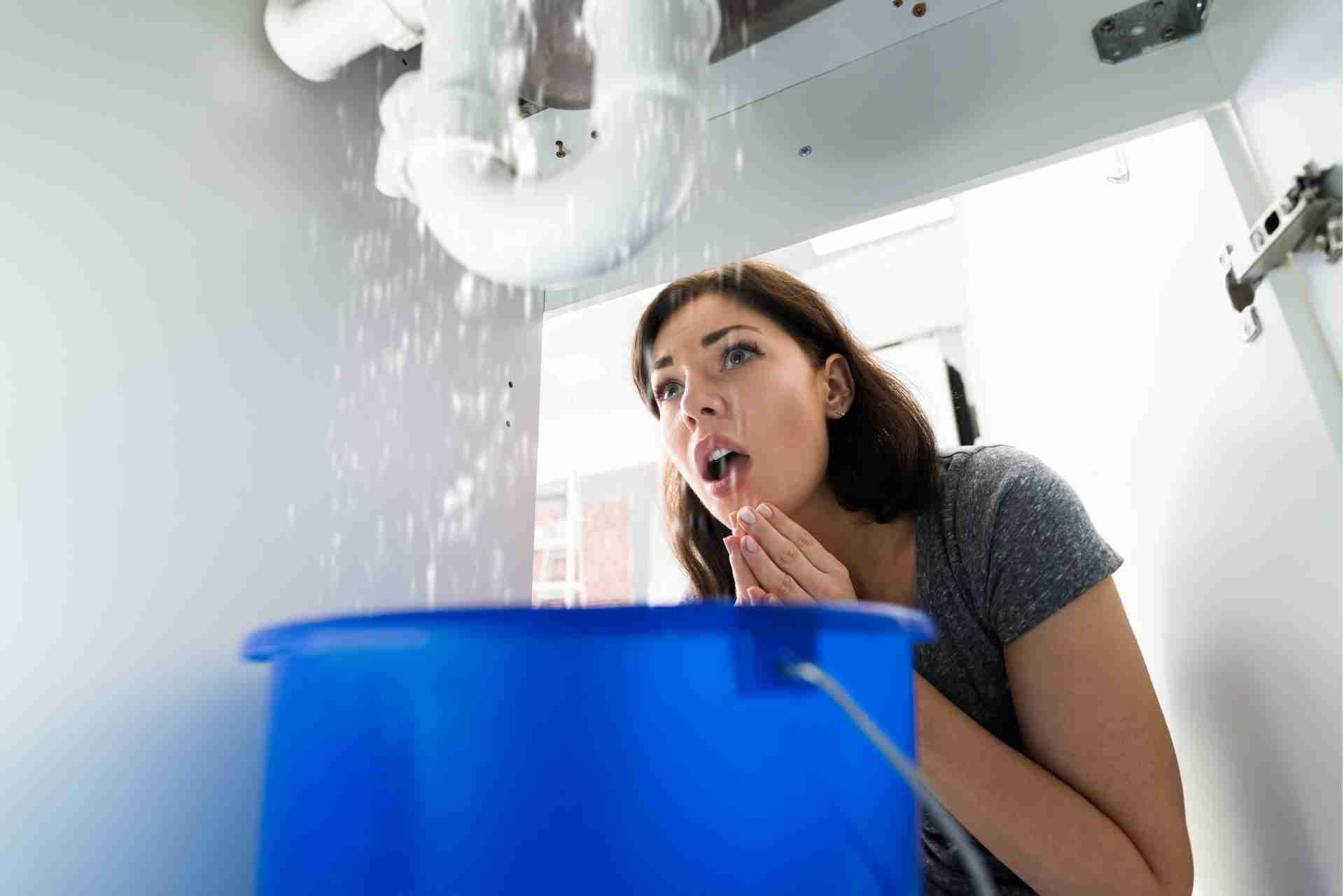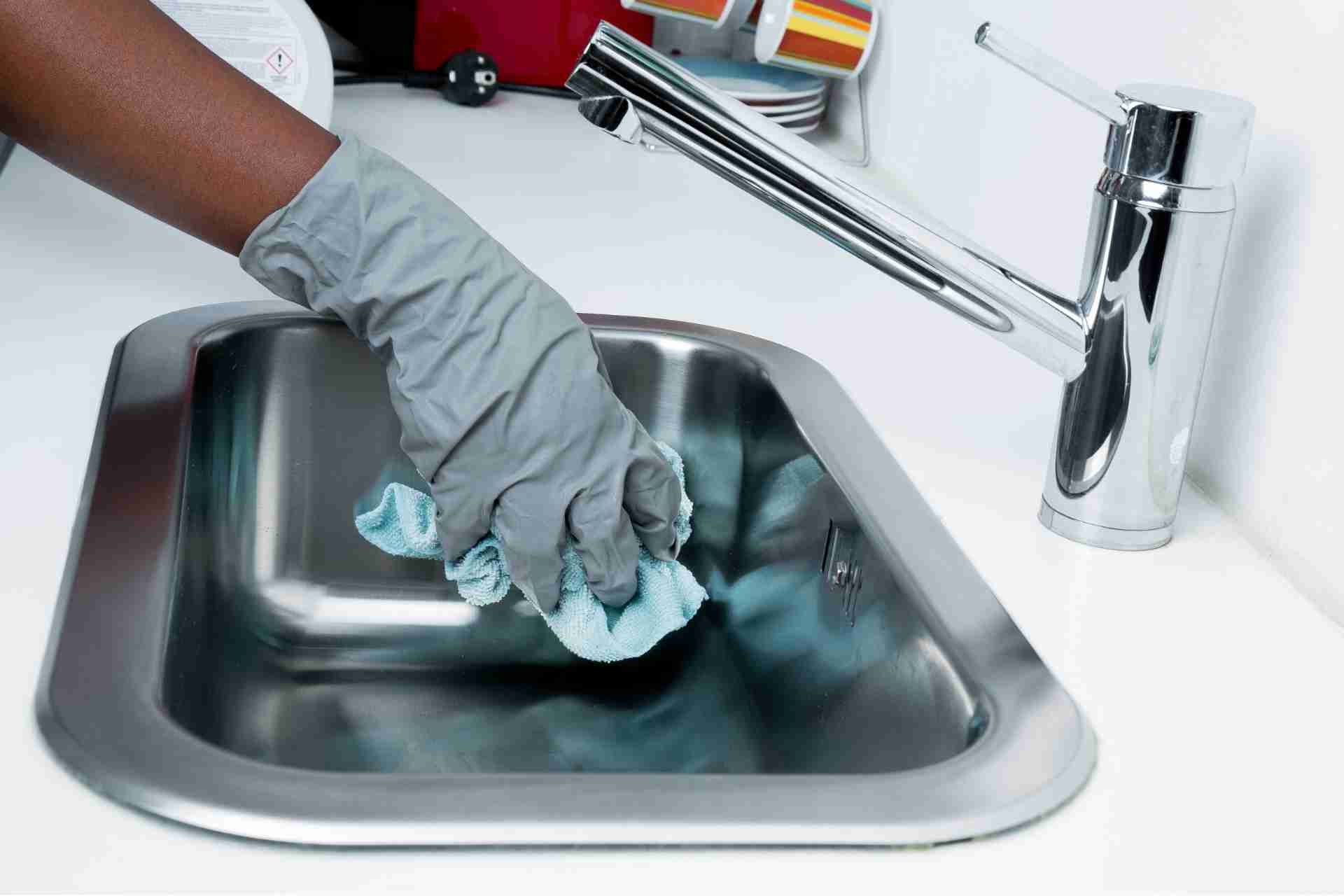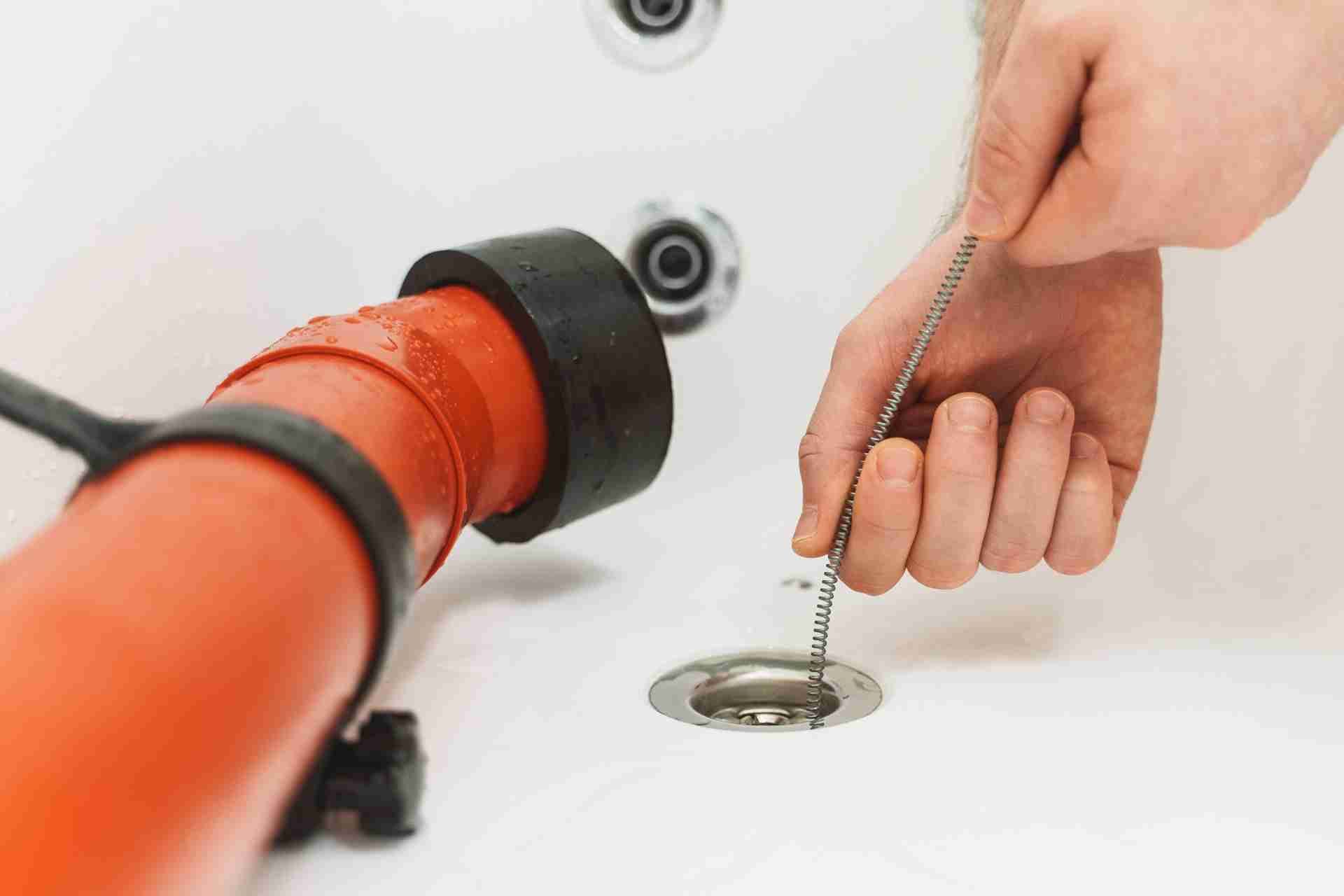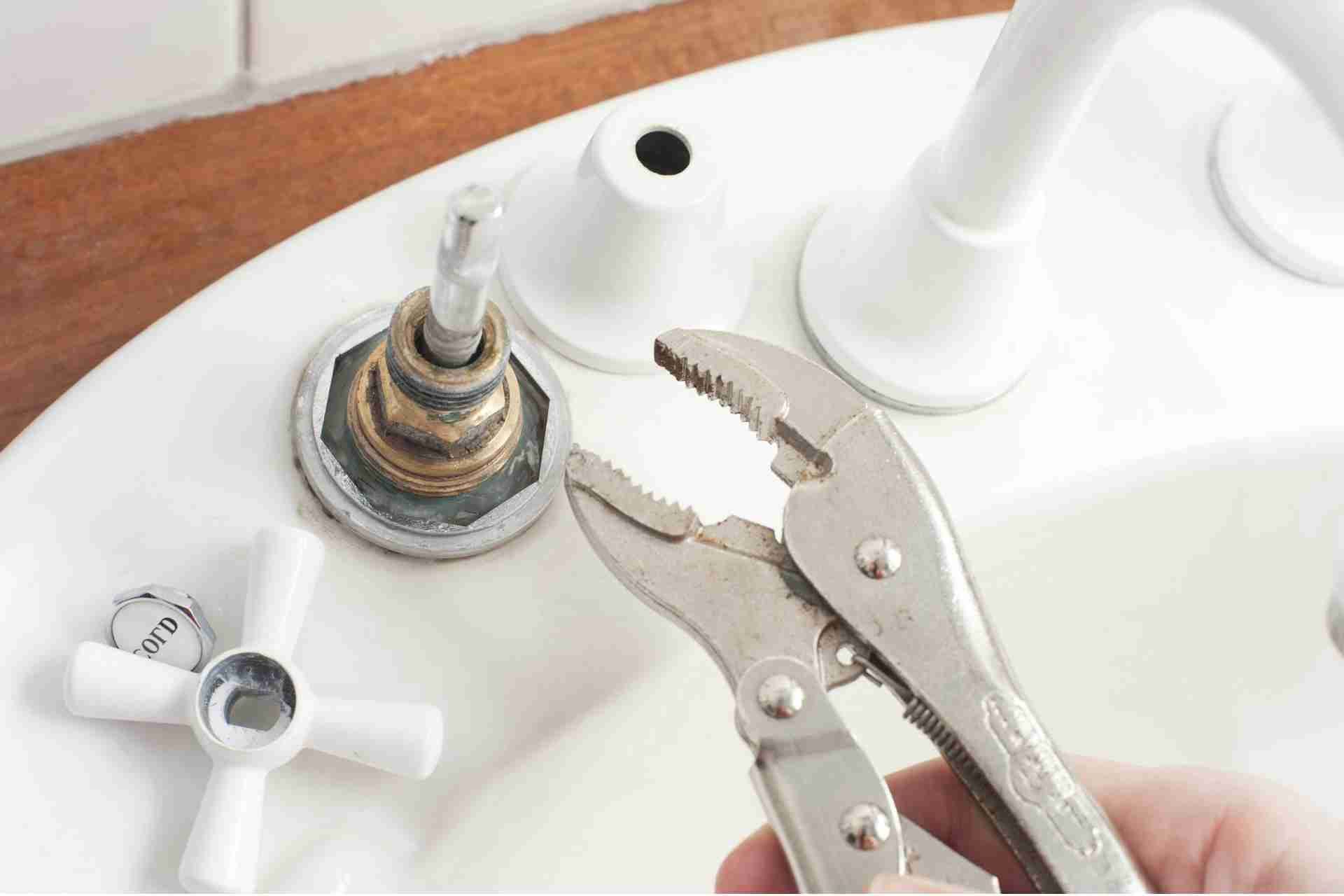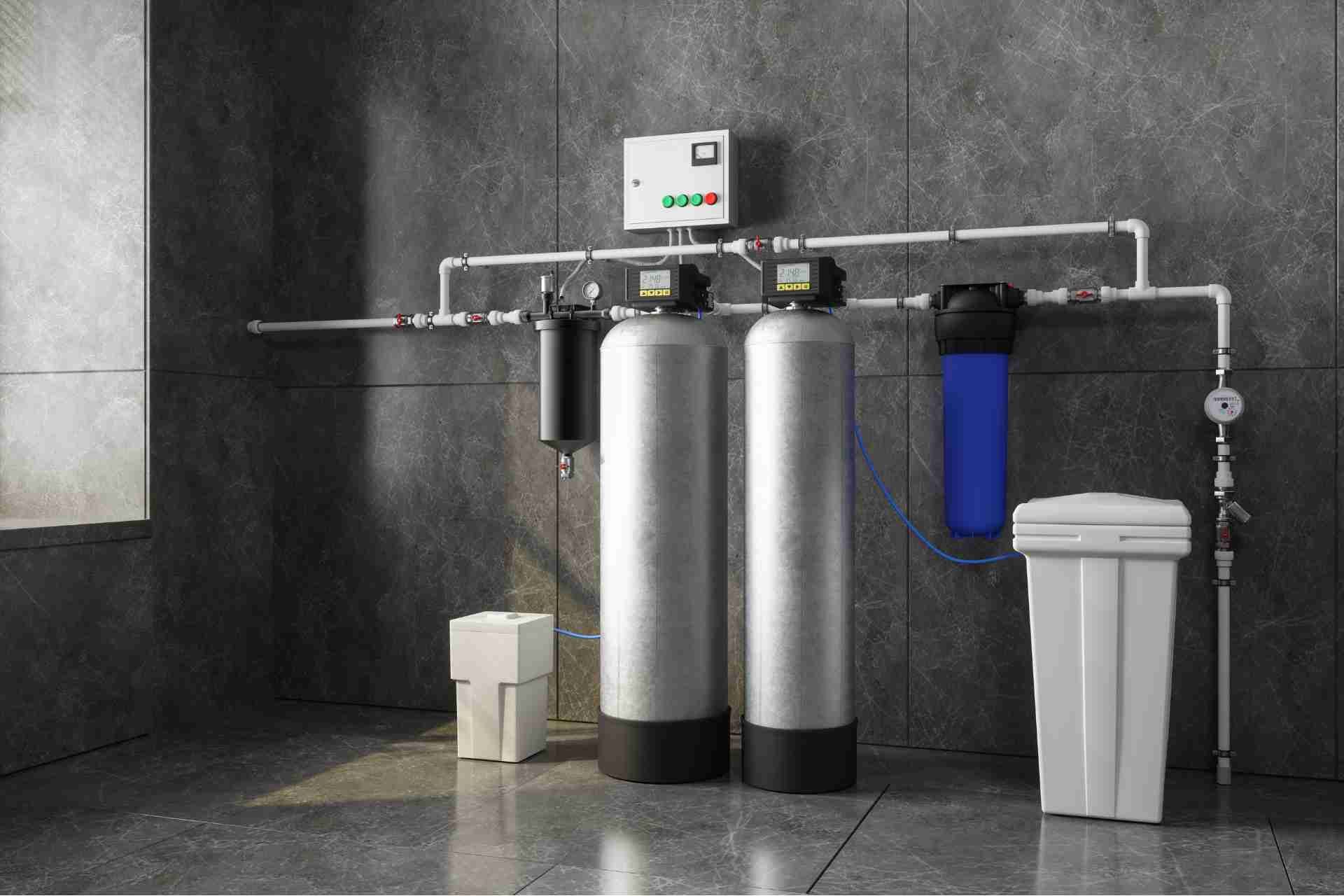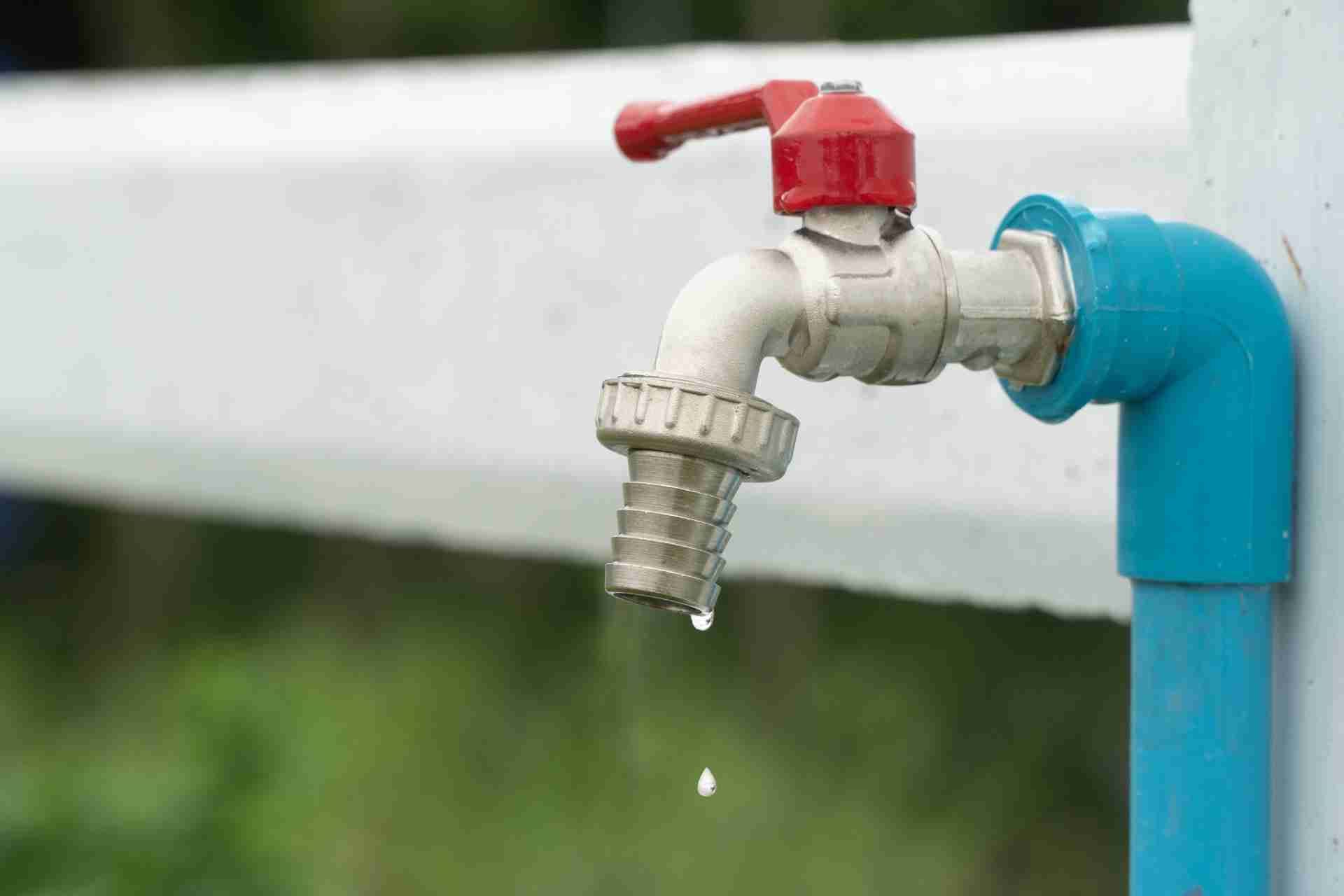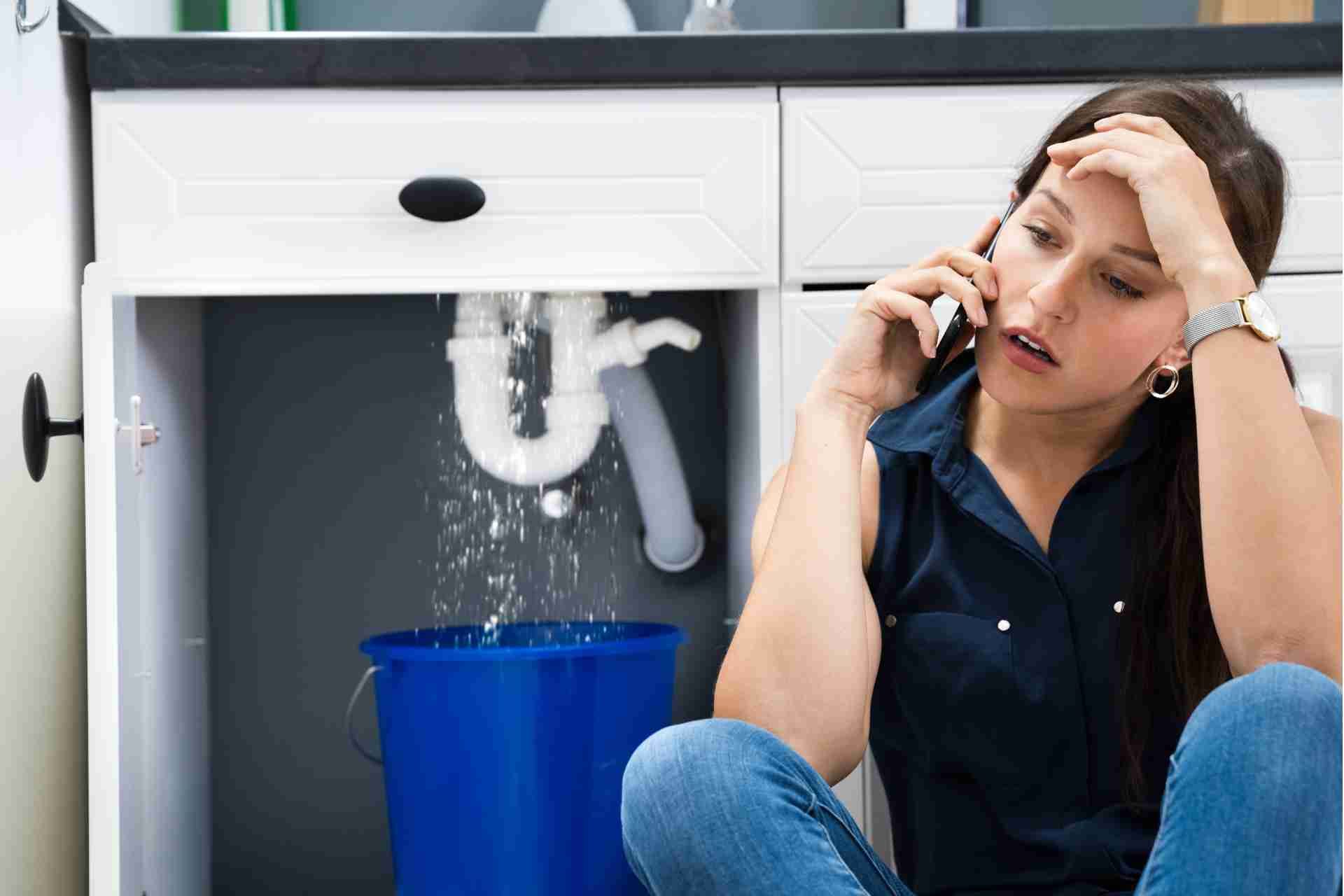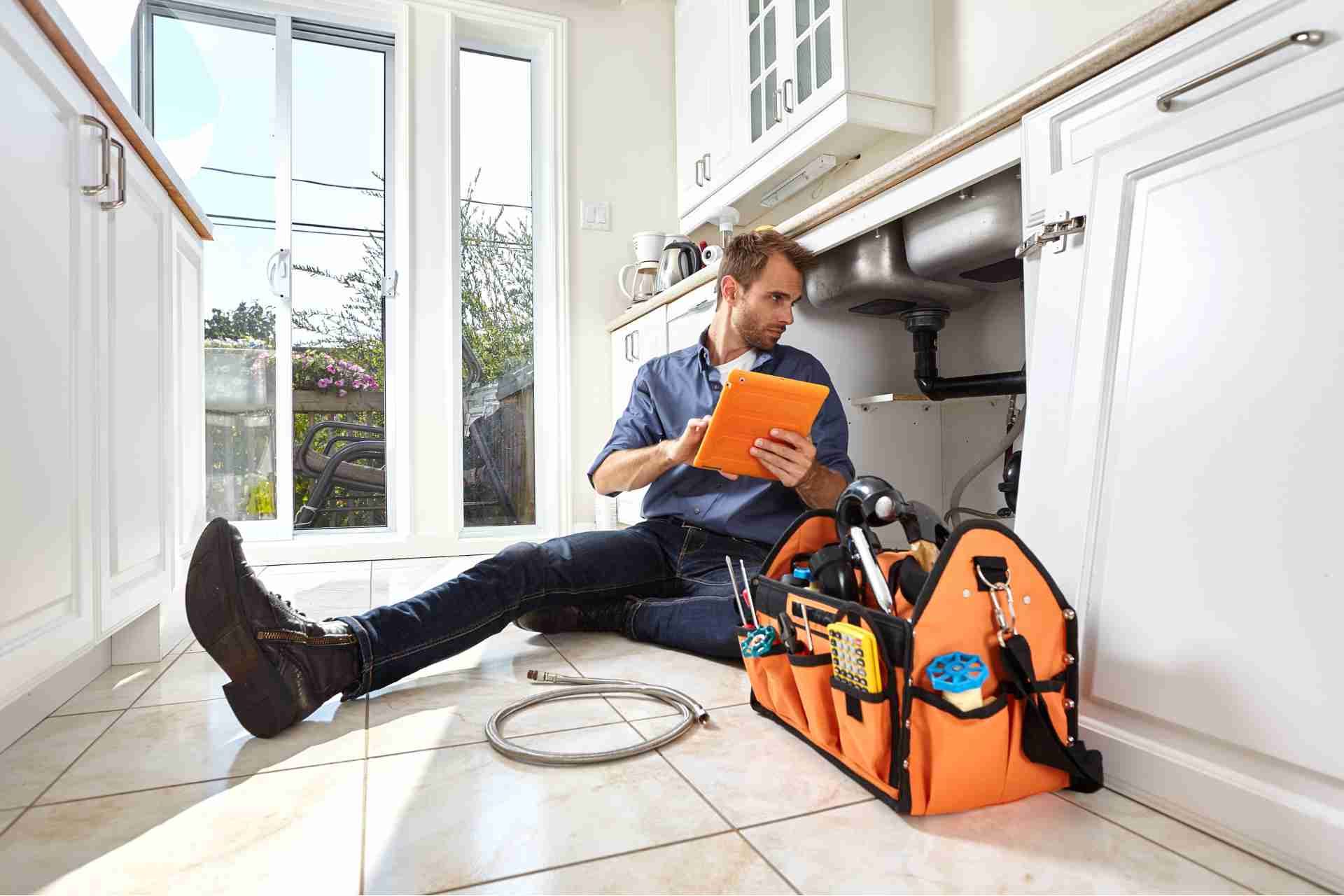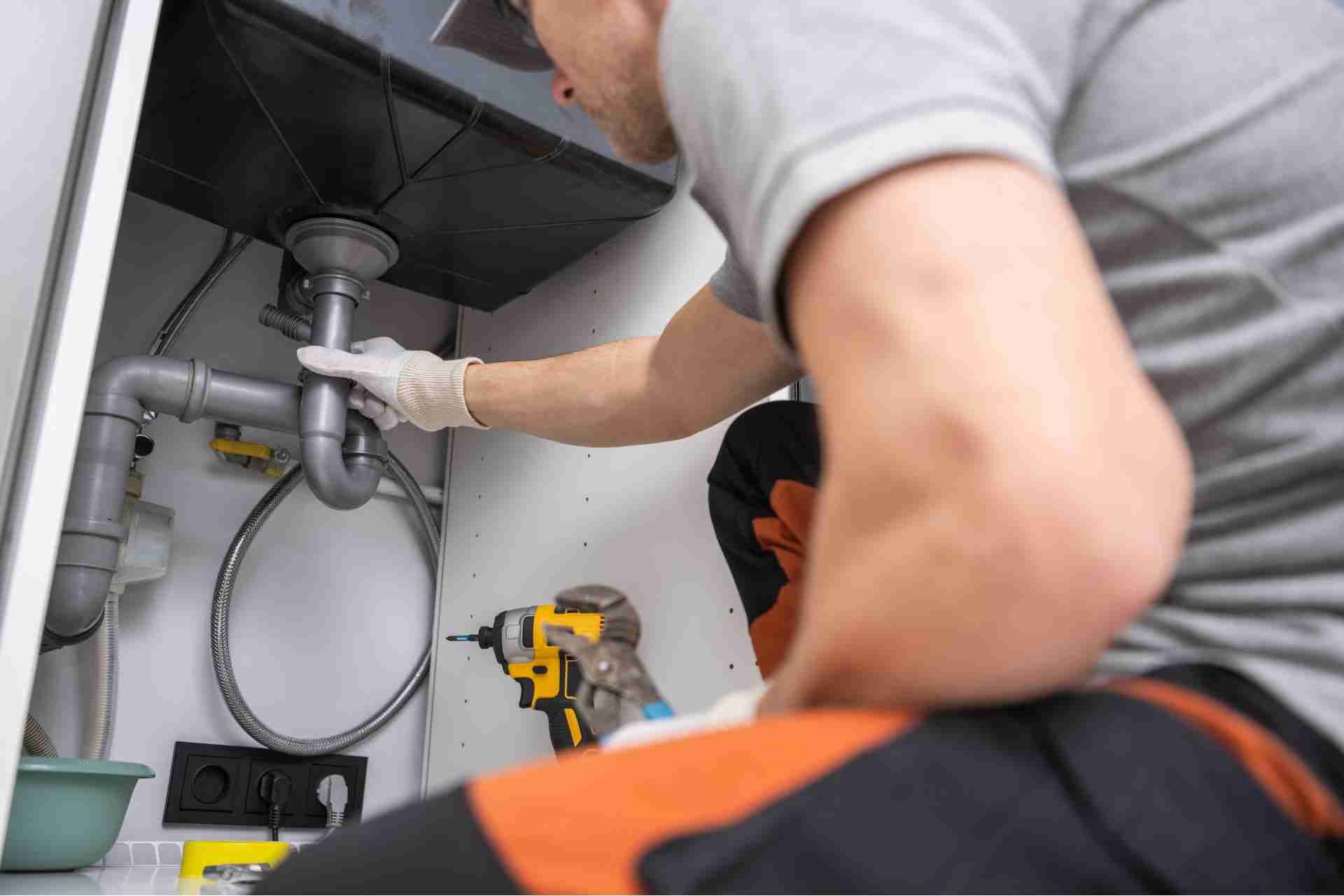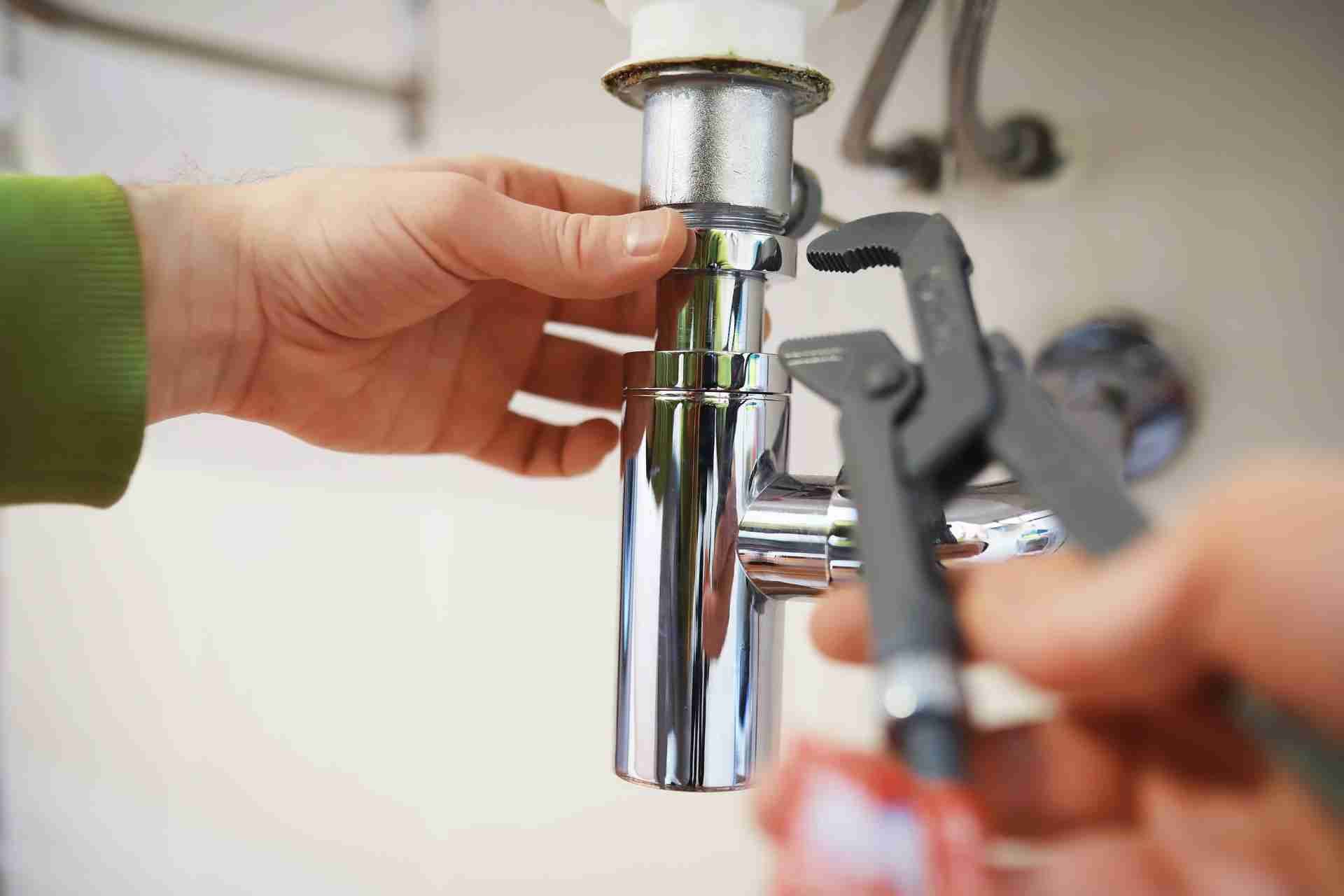Do You Need a Plumber to Install a Sump Pump?
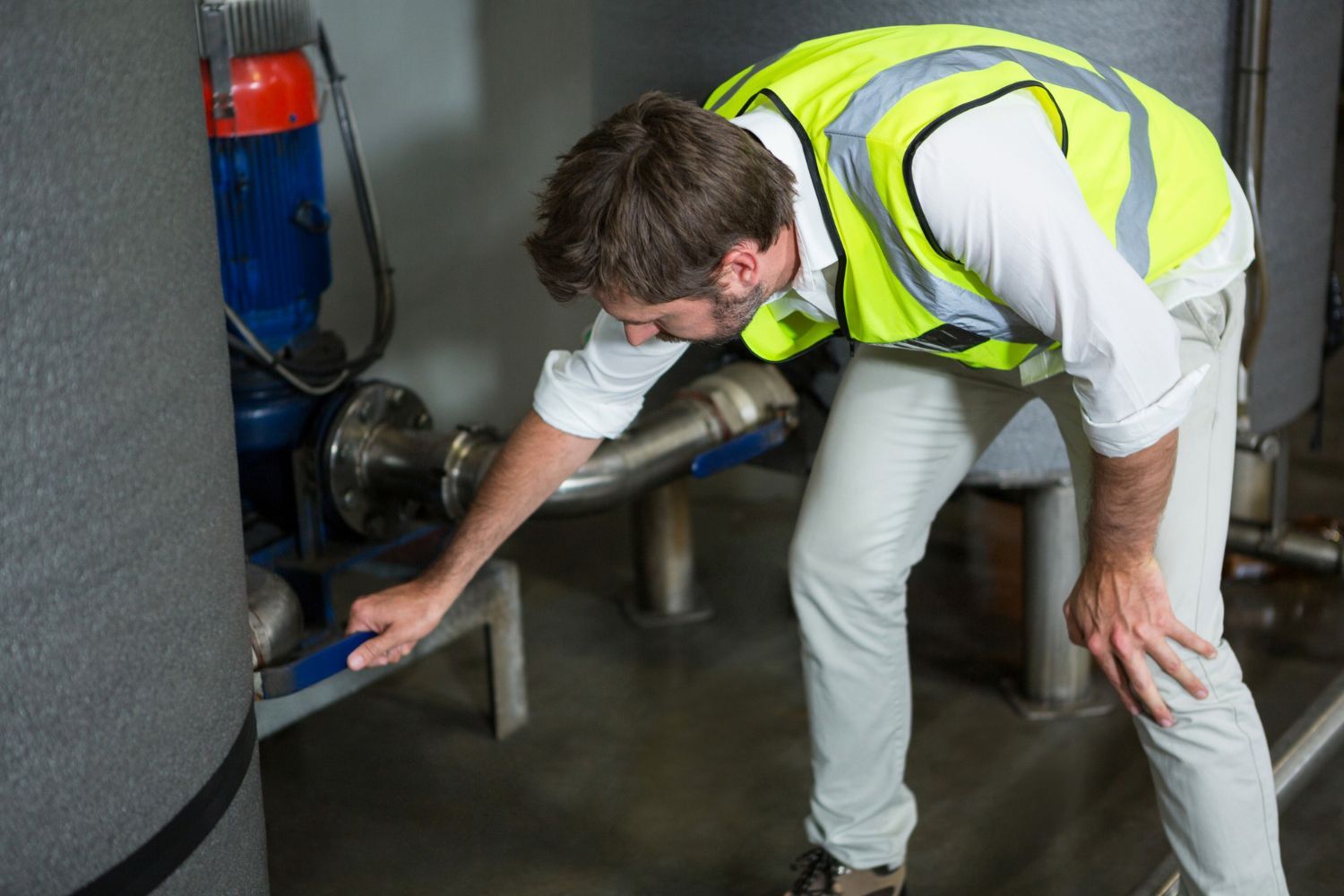
Introduction
A sump pump is an essential device for homeowners looking to protect their basements or crawl spaces from water damage. It efficiently removes excess water that collects in these areas, preventing potential flooding and moisture-related problems. If you're considering installing a sump pump, one of the first questions that may come to mind is whether you need to hire a plumber for the job. In this blog post, we will explore the various aspects of sump pump installation, discuss the benefits of hiring a professional plumber, and provide insights into the DIY approach. By the end, you'll have a clear understanding of the factors to consider when deciding whether or not to hire a plumber for your sump pump installation project.
The Importance of a Sump Pump
To comprehend the necessity of a sump pump, it's crucial to understand the potential consequences of a waterlogged basement or crawl space. Water intrusion can lead to mold growth, structural damage, and even compromise the foundation of your home. A sump pump, when correctly installed, serves as an effective preventive measure against these issues. It pumps out water that collects in a sump pit, diverting it away from your property. By having a properly functioning sump pump, you can safeguard your home's foundation and belongings from water damage.
Types of Sump Pumps
Before delving into the installation process, it's essential to be aware of the different types of sump pumps available. The two primary types are pedestal sump pumps and submersible sump pumps. Pedestal sump pumps are mounted above the sump pit and are more easily accessible for maintenance. Submersible sump pumps, on the other hand, are installed inside the sump pit and are designed to be submerged in water. Understanding the distinctions between these types will help you make an informed decision when selecting the most suitable sump pump for your needs.
Factors to Consider for Sump Pump Installation
While sump pump installation can be a DIY project for some homeowners, there are several factors to consider before deciding whether to hire a professional plumber or tackle the task yourself. Let's examine these factors:
- Skill and Experience: Installing a sump pump involves electrical connections, plumbing knowledge, and structural considerations. A professional plumber possesses the expertise to handle these aspects efficiently.
- Building Codes and Permits: Depending on your location, there may be specific building codes and permit requirements for sump pump installations. Professional plumbers are familiar with these regulations and can ensure compliance.
- Sump Pit and Drainage System: Proper placement and construction of the sump pit are crucial for the sump pump's effectiveness. Plumbers can assess the site, determine the ideal location for the pit, and ensure the drainage system functions optimally.
- Power Supply and Backup Systems: Sump pumps require a reliable power supply to operate effectively. Plumbers can assess the electrical requirements and install backup systems, such as battery-powered pumps, to ensure continuous protection during power outages.
- Warranty and Insurance: Hiring a licensed plumber for sump pump installation often comes with the added benefit of warranty coverage and liability insurance. This provides peace of mind, knowing that any potential issues will be addressed promptly and professionally.
Benefits of Hiring a Professional Plumber
While it is possible to install a sump pump on your own, hiring a professional plumber offers several advantages:
- Expertise and Efficiency: Plumbers have the necessary knowledge and experience to install sump pumps correctly. They can handle any challenges that may arise during the installation process.
- Time and Convenience: Hiring a plumber saves you valuable time and effort. They will handle all aspects of the installation, allowing you to focus on other tasks.
- Proper Equipment and Tools: Plumbers come equipped with the necessary tools and equipment to install the sump pump efficiently and effectively.
- Compliance and Safety: A professional plumber will ensure that the installation adheres to local building codes and safety standards. This reduces the risk of errors or potential hazards.
- Maintenance and Repairs:
Plumbers can provide regular maintenance services and address any repair needs that may arise in the future, ensuring the longevity and optimal performance of your sump pump.
Conclusion
When it comes to installing a sump pump, hiring a professional plumber is often the recommended course of action. They bring expertise, efficiency, and peace of mind, ensuring that your sump pump is installed correctly and functions optimally. While a DIY approach may seem tempting, it's crucial to consider the various factors involved, such as skill requirements, building codes, and warranty coverage. By investing in professional installation, you can avoid potential mistakes, save time and effort, and ensure the long-term protection of your home against water damage. Remember, a sump pump is a valuable investment that can potentially save you from costly repairs and provide a safer living environment.
